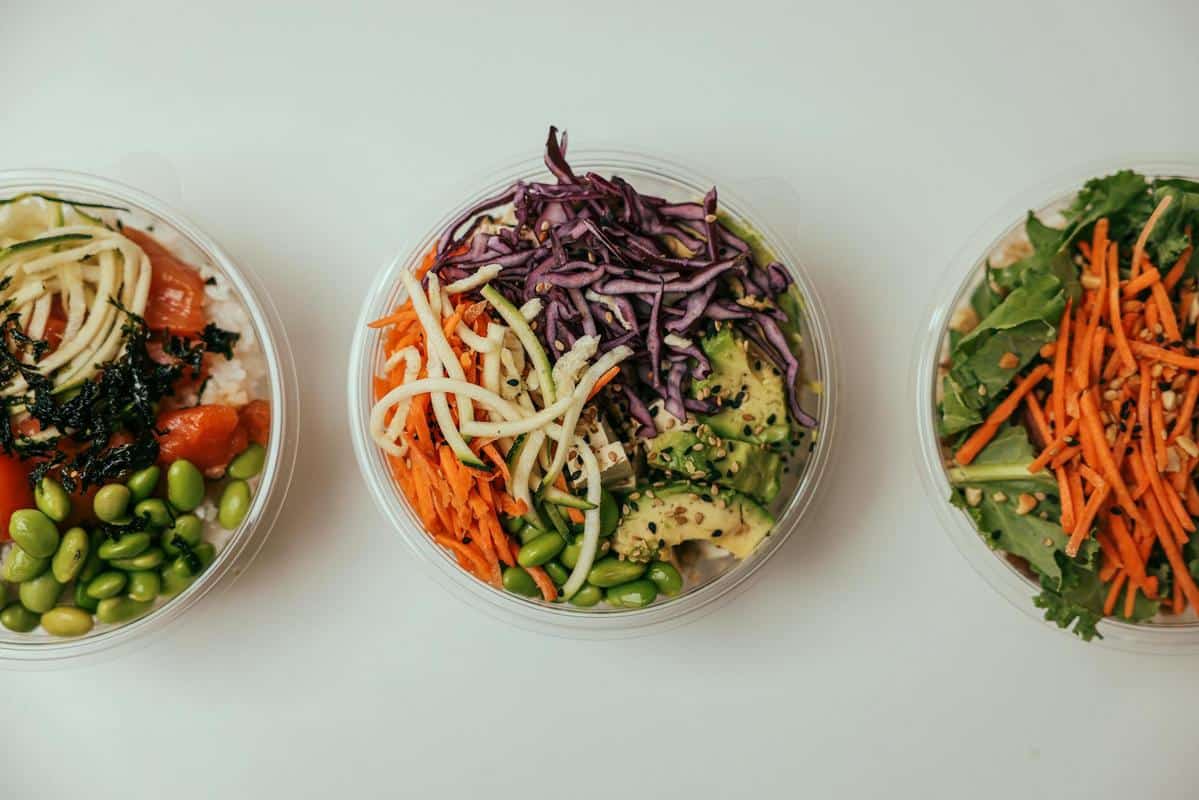
How to Transition to a Plant-Based Diet Successfully
Making the shift to a plant-based diet can seem daunting at first, but with the right approach, it can become a rewarding and healthful lifestyle change.
Understanding the Benefits of a Plant-Based Diet
Transitioning to a plant-based diet offers numerous health benefits, including a reduced risk of chronic diseases such as heart disease and diabetes. Studies have shown that plant-based diets are linked to lower cholesterol levels and improved heart health. Moreover, they are often rich in nutrients, providing an abundance of vitamins and minerals.
Expert Insights
Dr. Michael Greger, a renowned nutrition expert, emphasizes the importance of whole plant foods, stating, “A diet centered around whole plant foods is the healthiest diet.” This insight highlights the potential of plant-based eating to promote long-term health.
Steps to Transition Smoothly
Transitioning doesn’t have to happen overnight. Here are some actionable steps:
- Start Slowly: Begin by incorporating one plant-based meal per day.
- Explore New Foods: Try different plant-based proteins such as lentils, beans, and tofu.
- Plan Your Meals: Meal planning can help in maintaining a balanced diet.
- Educate Yourself: Understanding nutrition is key; consider consulting a dietitian.
Sample Meal Plan
| Meal | Option |
|---|---|
| Breakfast | Oatmeal with fresh berries |
| Lunch | Quinoa salad with chickpeas |
| Dinner | Stir-fried tofu with vegetables |
| Snack | Hummus with carrot sticks |
| Dessert | Fruit salad |
| Beverage | Green smoothie |
| Protein Source | Lentil soup |
| Grains | Brown rice |
Common Challenges and How to Overcome Them
Many individuals face challenges such as cravings or social pressure. To overcome these, try keeping plant-based snacks handy and finding a supportive community online or locally.
FAQs
Is it expensive to follow a plant-based diet?
Not necessarily. By focusing on whole foods like grains and legumes, costs can be kept low.
Will I get enough protein?
Yes, plant-based proteins like beans and lentils can provide adequate amounts.
Conclusion
Transitioning to a plant-based diet is a personal journey that requires patience and experimentation. By starting slowly, exploring new foods, and seeking support, you can successfully adopt this healthful lifestyle. Remember, the key is to focus on whole, minimally processed foods to reap the full benefits.


